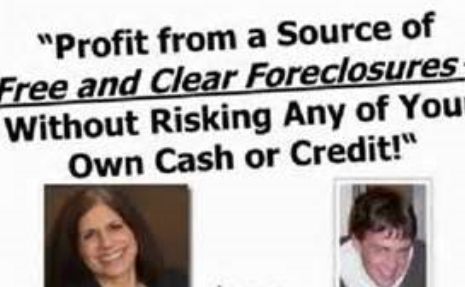

Losing a house in a foreclosure proceeding can be a painful and traumatic experience for the homeowner. However, understanding the tax ramifications of the foreclosure process can help minimize the financial consequences. There are several possible outcomes of a bank foreclosure, and each will affect your taxes differently.
Income from canceled debt
There are two basic ways that a lender can handle a foreclosure if the amount of the debt is more than the sale price of the house. It can cancel the remainder of the debt, or it can turn it into unsecured debt that you still owe.
If the lender cancels the debt, you may have to report the forgiven amount to the Internal Revenue Service as income in the year it is canceled. Under the Mortgage Forgiveness Debt Relief Act, signed into law in 2007, you can exclude up to $2 million in forgiven debt if it directly relates to your principal residence. The act is effective for debt forgiven to December 31, 2012.
If the canceled debt applies to a second home or business office, the act does not apply and you may have to include it in your taxable income for the year.
Interest on leftover debt
Depending on the laws in your state, a lender may choose to take any debt left after the foreclosure and sale of your house and convert it to unsecured debt that you still owe to the lender. The interest you pay on this debt is no longer directly related to a property, so it does not qualify for the mortgage interest deduction.
If it appears that your property will sell for less than the total loan, consider working out a "short sale" deal with the lender before foreclosure proceedings begin. A short sale allows you to sell your property to a third party for less than the amount you owe on the debt, with the lender's permission. You may be able to negotiate a deal with the lender so you do not have to make nondeductible interest payments after the sale.
Gain on foreclosure
If the value of your property is higher than your adjusted cost basis, you may have a taxable gain when the lender forecloses, even if it does not sell the house right away. Your adjusted cost basis consists of the price you paid for the house plus any major improvements while you have owned it.
For example, if you paid $175,000 for the house and built a $35,000 addition to it, your cost basis would be $210,000. If the value of the house is more than this calculation, you may have a taxable gain to report on your tax return. If the property is your principal residence, you can exclude the first $250,000 of gain (or $500,000 if you are married and filing jointly) for tax purposes. Consider reviewing your house expenses during the time you have owned it to identify as many improvements as possible in order to minimize the capital gain.
Loss on foreclosure sale
A loss on the foreclosure of your property occurs when the fair market value is lower than your total cost of purchase plus major improvements. For example, if your house is foreclosed upon when its value is determined to be $185,000 and your cost basis is $210,000, you will have a loss of $25,000. If you end up with a loss on the foreclosure, you cannot deduct it for tax purposes if the property was your personal residence or a second home. Consider working out a loan modification, which alters your payments or terms of the loan, or short sale to minimize nondeductible losses.



















